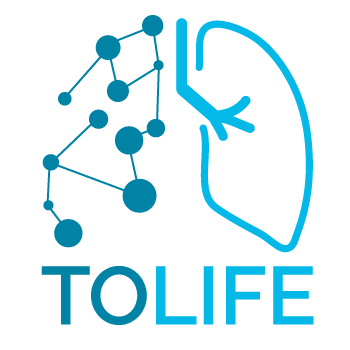Pulmonary disease

The condition is complex because it is characterized by exacerbations (i.e. acute worsening of respiratory symptoms) and many extrapulmonary comorbidities that have an impact on disease progression, patient’s quality of life and mortality. An important aspect of COPD is the progressive and heterogeneous nature of the disease: specifically, exacerbations have a significant impact on the patient’s well-being, prognosis and health-care costs.
It is not possible to predict morbidity and mortality of an individual COPD patient based on the standard measures of lung function only. Furthermore, the degree of airflow limitation alone does not allow to make the best therapeutic decisions.
Management COPD
TOLIFE will move forward the management of COPD from a generic approach to a personalized approach by clinically validate an AI-based solution aimed at predicting exacerbations and continuously assessing the health outcomes from daily data of COPD patients.
Early intervention before the occurrence of a severe exacerbation will be the key to significantly improve the health outcomes (reduce symptoms, hospitalization, mortality), preserve the health-related quality of life and reduce healthcare costs.
Matching patient’s assessment with optimal treatment
The need for a personalized approach is further confirmed by the GOLD4 guidelines of “matching patient’s assessment with optimal treatment” which underlines how it is crucial to treat each single patient according to her/his specific health status, which depends on the progress and severity of the disease.
The inputs that “act” on the patient to modulate the disease progression are the current medical treatment, the history (e.g. past exacerbations/ hospitalizations, medical/treatment history), the environment (e.g. indoor/ outdoor air quality, temperature, humidity, weather condition) and the lifestyle (e.g. smoking, exercise, diet, social interaction).
Analytics tools
Analytics tools process daily patterns of patient-specific data measured by the smart sensors for:
- Prediction of exacerbations
- Assessment of health outcomes
- Characterize fluctuations in patients’ status
Collection platform
Platform based on a big data infrastructure that collects heterogeneous data for the TOLIFE study.
Patient Management Tool (PMT)
A software interface to support the clinician decisions for a precise and optimized management of COPD.
Disease Information Tool (DIT)
A software tool for patients and caregivers that provides disease-specific lifestyle indications and information depending on the health outcomes.


